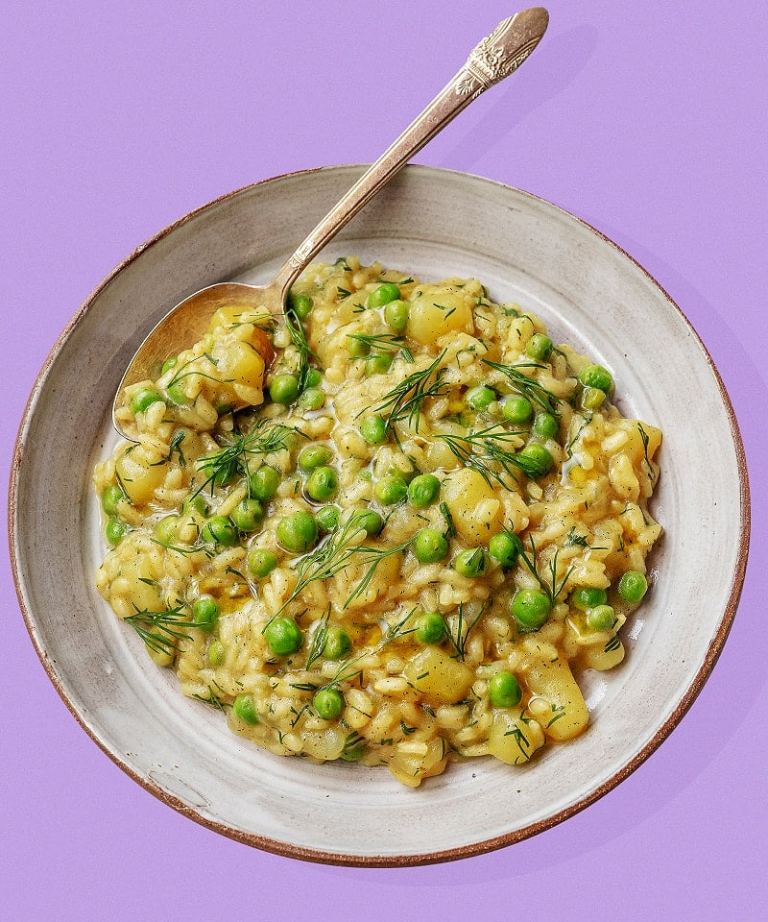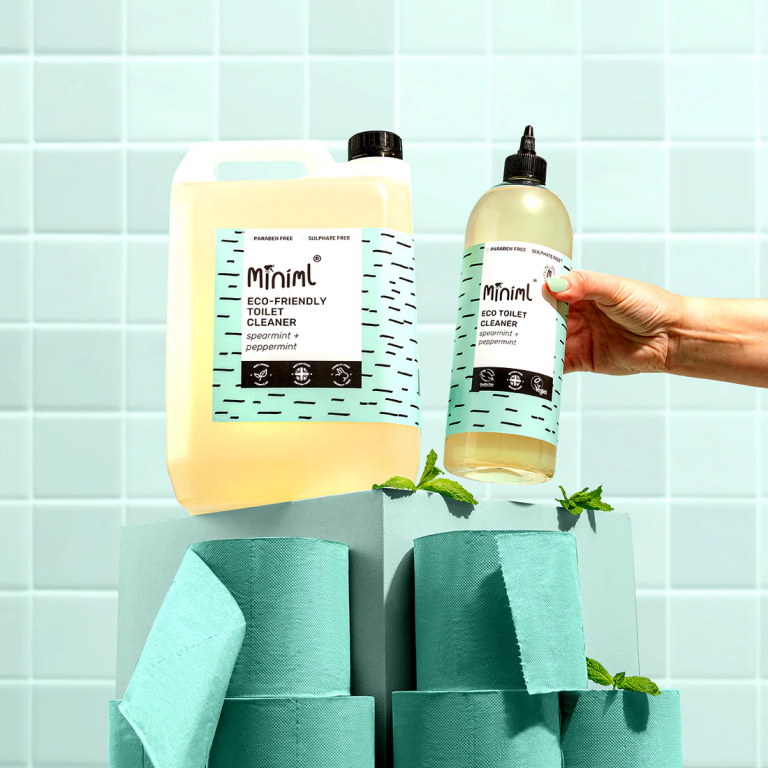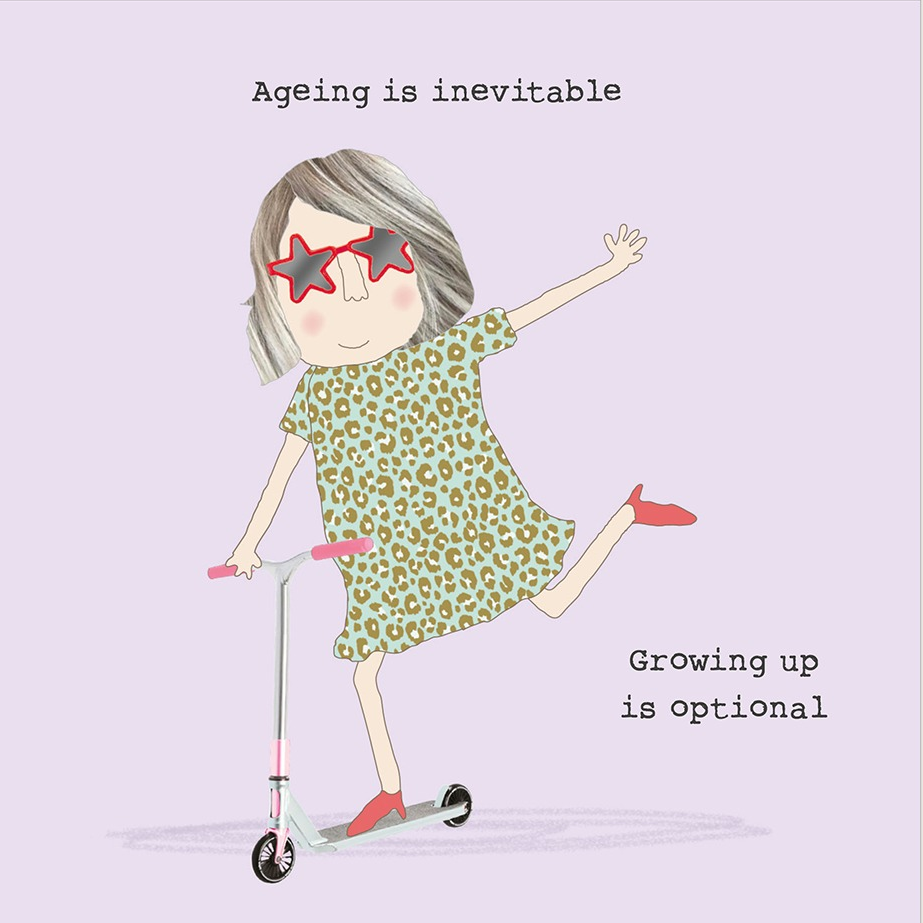
Life can feel full, busy, and loud. Between work, family, and everything in between, health often slips to the bottom of the list. Small changes help. Simple daily habits, backed by trusted advice can lift energy, mood, and confidence.
This guide shares easy, realistic tips you can fit into any day. From daily habitats and nutrition with exercise, here’s a friendly push to start small, and stay kind to yourself. Let’s focus on what works, one simple step at a time.
Easy Daily Habits to Boost Wellbeing
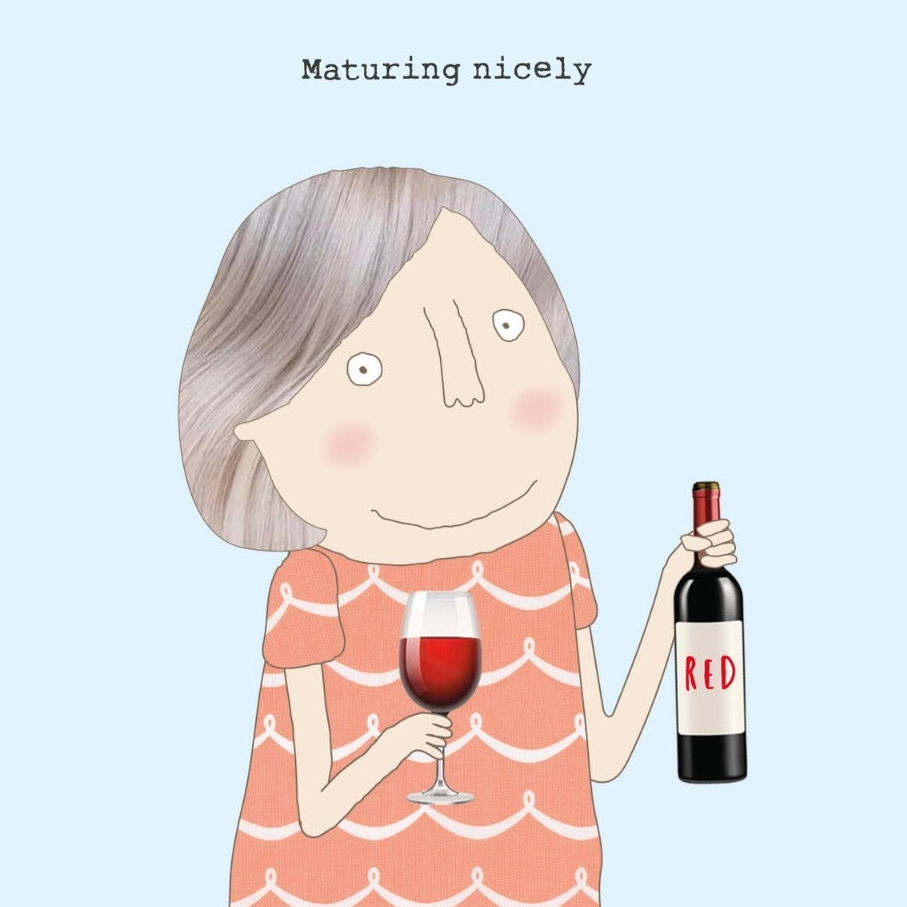
Practical routines support body and mind. When sleep, hydration, and stress care sit in place, everything else gets easier. Think of these as the base layer for steady health, not a long to-do list.
Prioritise Quality Sleep for Hormonal Balance
Sleep shapes hormones, mood, and energy. Most women do best with 7 to 9 hours a night. Good sleep helps with menstrual cycles and menopause symptoms, steadies appetite, and supports immunity. Poor sleep can raise hunger, slow focus, and nudge weight gain.
Keep it simple:
- Set a regular bedtime and wake time, even on weekends.
- Dim lights after dinner, and put screens aside an hour before bed.
- Keep your bedroom cool, quiet, and dark.
- If your mind races, try a short wind-down, like reading or gentle stretches.
Stay Hydrated to Support Skin and Digestion
Water helps carry nutrients, remove waste, and keep digestion smooth. It supports joints, skin glow, and concentration. Aiming for around 2 litres a day suits many adults, more if you are active or it is hot.
Make it feel easy:
- Keep a bottle near you, sip often.
- Add slices of lemon, cucumber, or berries for a fresh taste.
- Include water-rich foods like soup, fruit, and veg.
Signs you need more include tiredness, dry skin, headaches, or dark urine. Better hydration means steadier energy, clearer skin, and better gut comfort. It is a small habit with big payback.
Manage Stress with Quick Breathing Exercises
Stress can build from work, caring roles, money worries, or just a busy schedule. Daily stress care protects heart health, mental health, and hormone balance. Short practices calm the body and lower cortisol.
- Sit tall, rest your shoulders.
- Breathe in through your nose for 4 seconds.
- Breathe out through your mouth for 8 seconds.
- Repeat 4 times.
- Don’t hold your breath for heart conditions.
You can also take a 10 minute walk, step outside for daylight, or do a body scan before bed. These quick resets help you think clearly and unwind, without needing special gear or lots of time.
Nutritious Eating Tips
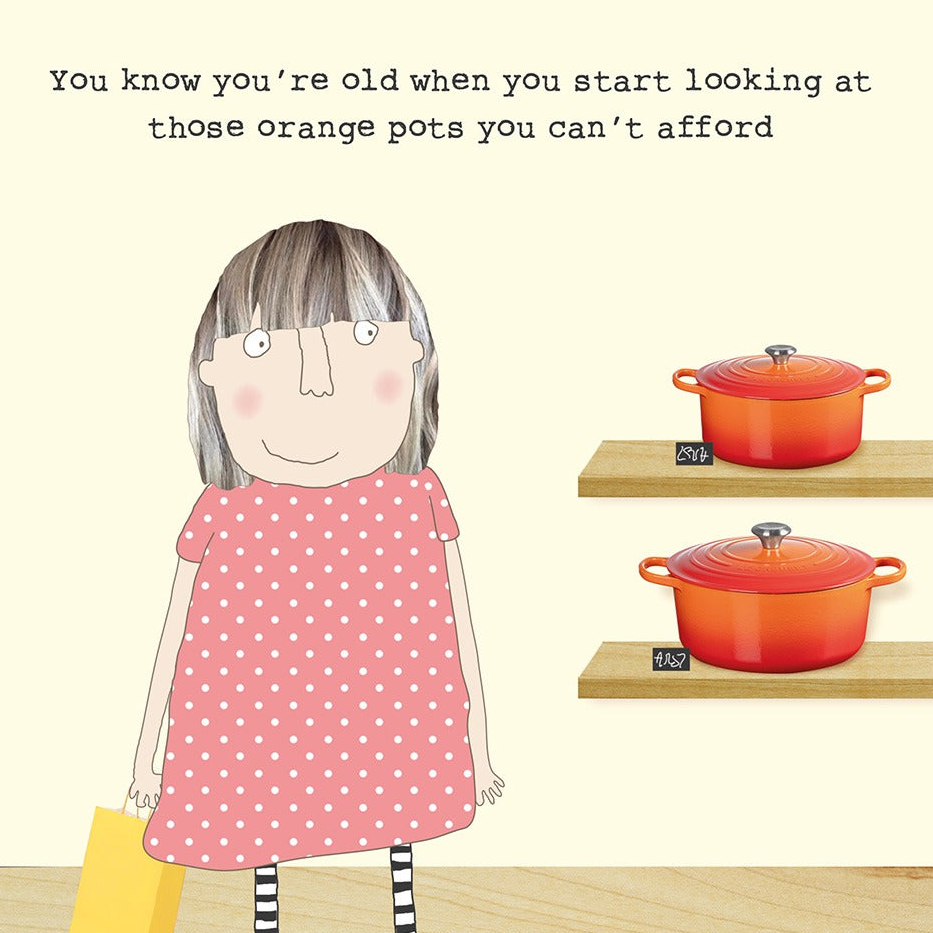
Food fuels body and brain. A balanced plate supports hormones, heart health, and steady energy. Focus on fruits and vegetables, whole grains and lean plant proteins like tofoo and tempeh. No strict diets, just simple meals you can stick with.
Incorporate Iron-Rich Foods to Fight Fatigue
Many women lose iron through monthly periods. Low iron can lead to tiredness, pale skin, or shortness of breath. Build iron into everyday meals with beans, lentils, spinach and tofu. Whole grains help too.
Boost absorption by pairing iron with vitamin C. Think peppers, tomatoes, berries, or citrus fruit. A smart plate might be a warm lentil and spinach salad with cherry tomatoes, olive oil, and lemon. If you suspect low iron, ask your GP about a blood test and next steps.
Boost Bone Health with Calcium and Vitamin D
Bone strength matters at every age, and risk of osteoporosis rises after menopause. Calcium supports bone density, and vitamin D helps your body absorb it. Aim for daily calcium from plant-based yoghurts, milk and cheese, or fortified plant alternatives, plus leafy greens (check medication due to vitamin K).
Vitamin D comes from sunlight on skin, and from some fortified foods. In the UK, sunlight can be limited in autumn and winter, so a vitamin D supplement may help.
Choose Healthy Fats for Hormone Support
Healthy fats help with hormone health, brain function, and skin. Omega-3 fats also calm inflammation and support mood. Find them in walnuts, chia, and flaxseeds. Or take a plant-based omega 3 supplement.
Simple Exercise Ideas

Movement supports sleep, mood, and long-term health. The NHS suggests at least 150 minutes of moderate activity a week, plus strength work on 2 days. You do not need a gym to start. Choose what feels good, and build slowly. Fun beats intensity for lasting habits.
Pelvic floor strength is also key for women, through pregnancy, menopause, and beyond. Add a few Kegels daily, squeezing and lifting the muscles you would use to stop a wee, hold for a few seconds, release, repeat.
Start with Brisk Walks for Heart Health
Walking is easy to begin and kind on joints. A brisk 30 minute walk most days supports weight management, lowers blood pressure, and improves sleep. It also links with a lower risk of breast cancer over time.
- Change your route for interest, add green spaces when you can.
- Invite a friend for company and accountability.
- If 30 minutes is tough, try three 10 minute bursts.
Try Gentle Yoga for Flexibility and Stress Relief
Yoga builds core strength, balance, and flexibility. It also calms the nervous system, which helps during hormonal shifts. A simple sequence could be cat-cow, child’s pose, low lunge, and a short seated twist, then legs up the wall to finish.
Avoid inversions during menstruation or for heart, blood pressure and eye conditions. Visit a class with a qualified teacher for medical conditions or pregnancy (pre-natal trained teachers only).
Build Strength with Bodyweight Exercises
Strength training supports muscle tone, posture, and bone density. It helps with daily tasks, carries you through busy weeks, and builds confidence.
Try this beginner set, 2 or 3 times a week:
- Squats, 2 sets of 8 to 12 reps.
- Incline press-ups against a wall or worktop, 2 sets of 8 to 12 reps.
- Lunges or step-backs, 2 sets of 8 to 12 reps each leg.
- Plank, 2 rounds of 15 to 30 seconds, knees down if needed.
- Glute bridges, 2 sets of 10 to 15 reps.
Rest a minute between sets. Focus on form, move slowly, breathe steadily. When this feels easy, add a third set or light weights. Strength brings daily wins, from carrying shopping to climbing stairs without effort.
Dr Vegan’s Multi-supplement for Women
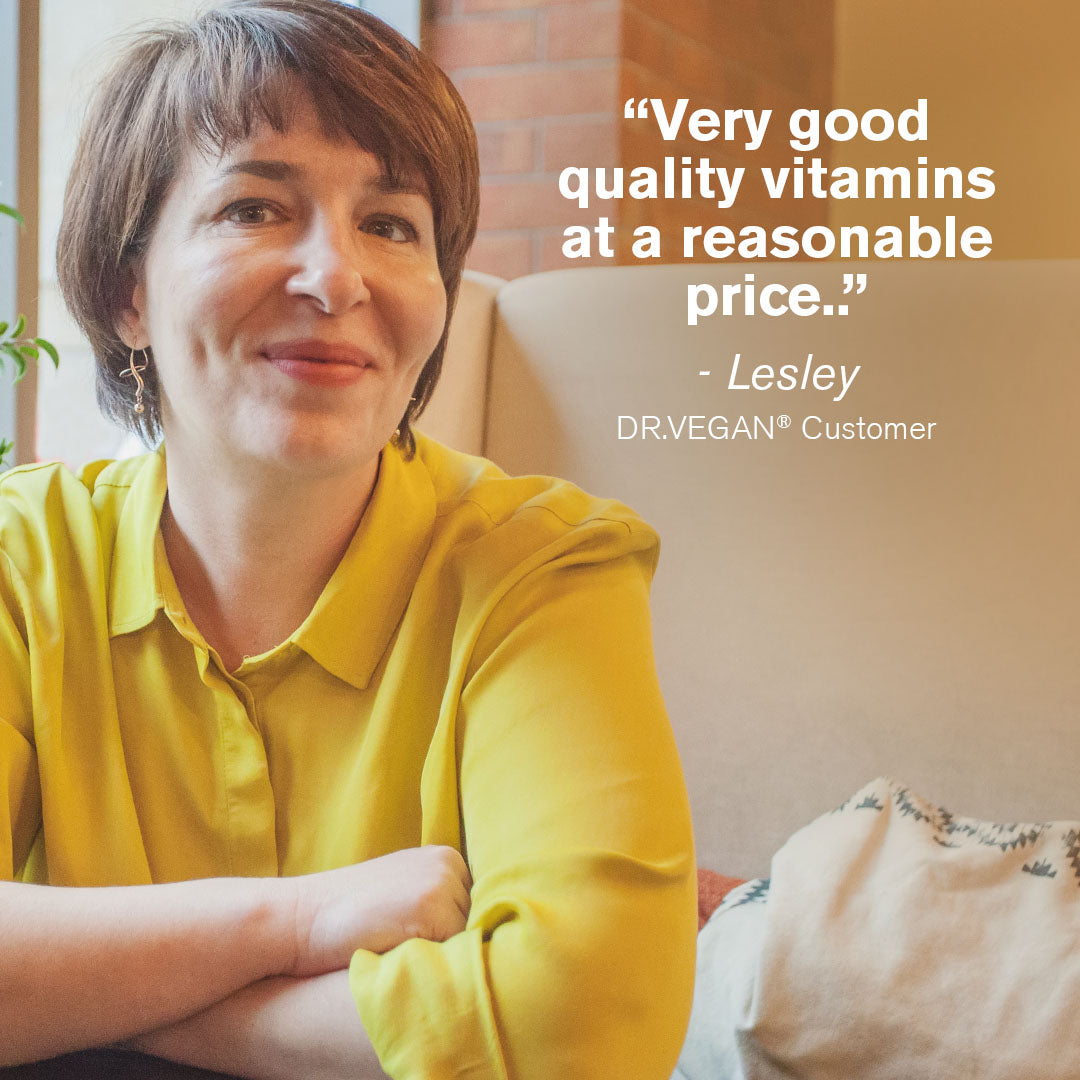
Dr Vegan’s Women Promulti (aimed at women over 40) is a multivitamin created with women’s health in mind. It brings together key vitamins and minerals that support energy, hormones, bones, immunity, and skin.
Always check with your GP before taking supplements, if pregnant/nursing or on other medication or supplements. Keep away from children and pets.
This sustainable supplement includes:
- B-complex for energy and mood: B1, B2, B3, B5, B6, B7, B9, and B12 help convert food into energy and support the nervous system. Active forms, such as methylfolate and methylcobalamin, are often easier for the body to use.
- Vitamin D for bone strength and immunity: Many women have low vitamin D, especially in winter or if indoors a lot. Vegan D3, commonly sourced from lichen, supports calcium use in the body and helps immune cells respond.
- Iron for healthy blood: Iron supports red blood cell production and oxygen transport. Gentle forms like iron bisglycinate are kinder on the stomach, which can help if iron tablets have caused issues before.
- Folate for reproductive health: Folate supports cell division and is key in early pregnancy planning. Using folate in a bioactive form can help those with reduced folate conversion.
- Magnesium and zinc for hormonal balance: Magnesium supports relaxation, sleep quality, and PMS comfort. Zinc helps with hormone production, skin repair, and immune function.
- Iodine for thyroid support: Iodine helps the thyroid regulate energy and temperature. Vegan sources often come from seaweed or potassium iodide.
- If omega-3s are present, they are typically from algae, a clean, fish-free source of DHA and EPA.
Vitamins Tailored for Women’s Needs
- Vitamin A, C, E: These antioxidants support immunity and skin. Vitamin C aids collagen and iron absorption, which is useful around periods. Vitamin E supports cell protection and skin repair. Vitamin A, in safe amounts, supports vision and immune defence.
- B vitamins for metabolism and mood: B6 contributes to normal hormonal activity and can ease PMS symptoms. B12 is essential for energy and is key for vegan diets, as it is scarce in plant foods. Niacin, riboflavin, and pantothenic acid help reduce tiredness.
- Vitamin D and K for bones: Vitamin D supports calcium uptake. Vitamin K, often in K2 MK-7 form, helps guide calcium to bones rather than soft tissue. This pairing matters for bone density, which becomes a concern from mid-30s onwards.
Minerals That Support Hormonal Balance
- Iron: Monthly blood loss can lower iron levels, which may lead to fatigue, weakness, or pale skin. Gentle, chelated iron supports absorption with fewer stomach issues. Pairing with vitamin C further helps uptake.
- Calcium and magnesium: Calcium underpins bone health across all life stages. Magnesium helps with muscle relaxation, sleep quality, and PMS-related cramps or mood swings. Many women do not meet magnesium needs through diet alone.
- Iodine: The thyroid regulates metabolism, energy, and body temperature. Low iodine is more common in those who avoid dairy and fish. Vegan-friendly iodine, often from seaweed or a stable iodide salt, supports normal thyroid function.
- Zinc: Zinc supports hormone synthesis, skin clarity, and immune resilience. It can be lower in diets high in grains and legumes because phytic acid reduces absorption. Chelated zinc forms help counter this.
Benefits of Taking Women’s ProMulti Daily
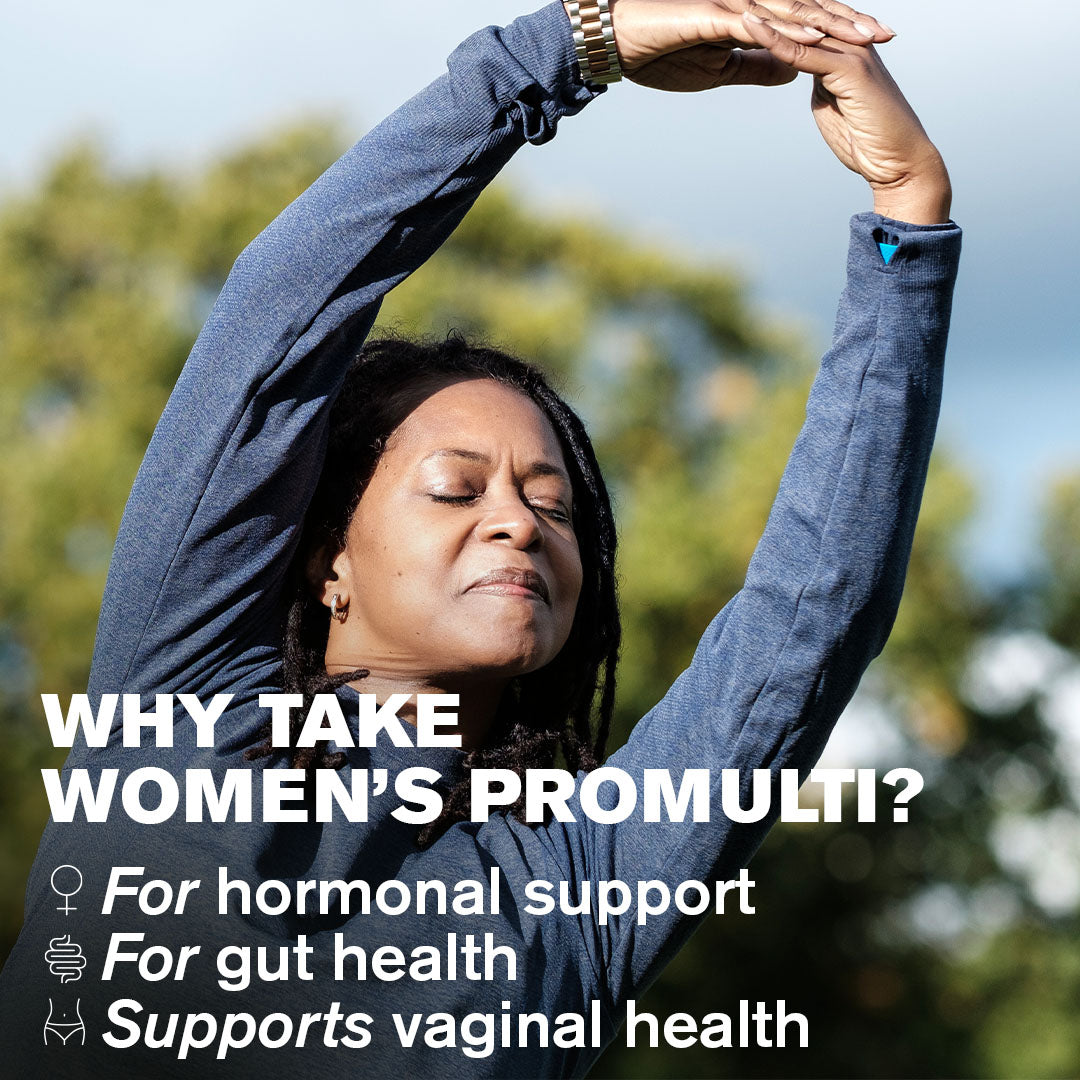
- B vitamins and iron aid red blood cell formation and energy metabolism.
- Vitamin D and K support bone density, which is important as oestrogen declines with age.
- Vitamin C and zinc help shorten the duration of common colds and support wound healing.
- Magnesium supports sleep quality and reduces PMS-related discomfort.
Consistency matters. Give it a few weeks to notice subtle changes, such as brighter mornings, fewer dips in the afternoon, or steadier mood across the cycle. Keep an eye on skin clarity, nail strength, and hair condition as well.



